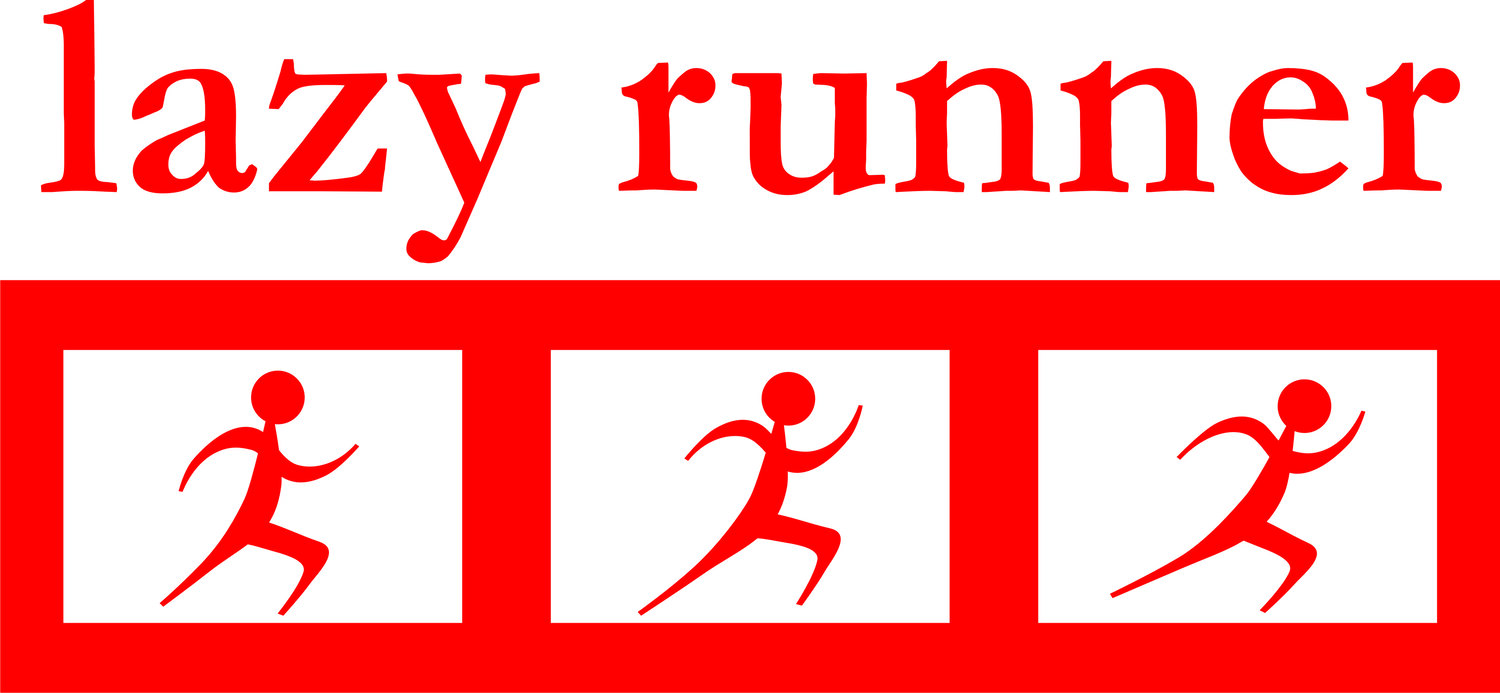Body Clock
Humans, animals, insects and even plants have timers built into their makeup; it’s called the circadian rhythm. In humans its centre is at the base of the brain, where instructions are given to produce proteins which change in rhythmic patterns over the day, and affect how much energy we have, how much rest and sleep we need…and they even control things like,
Body temperature -it’s at its lowest at 5am,
Heart activity- the risk of heart attack is 3 times higher between 6am and midday!
And others like Hormone secretion, blood pressure, oxygen consumption and metabolism are all affected by your body clock.
Everyone’s body clock is different, but basically we all follow the 24 hour rhythm of day light and night time. Environmental changes can affect our body clocks as most of us who have had jetlag, or late nights or work shift work know, it can throw out your sleep and mood patterns; however its genetics that play the pivotal role in setting your clock.
As most of us know, you are either an early bird or a night owl; I’ve learned that I am in only 10 % of the population classed as a true early bird, someone who naturally rises before 5am!
The best thing is to know your body rhythms and try to maintain the same pattern. Research now shows that our body clocks can play a huge preventative or even healing role in many diseases, such as diabetes, infections, flus, depression and anxiety disorders, Parkinson disease and Alzheimer’s.
Research also shows that out body clocks respond better at certain time of the day,
For instance did you know the optimal time to run is between 4pm and 8pm? A time most runners think would be the worst time to run. However at that time of the day, strength and endurance levels are 5% higher than in the morning, our muscles are sufficiently warmed and ready to work and we have supplied our body with enough energy (usually breakfast and lunch) to support the working running muscles. Studies have shown those runners, running the same course, same distance and usually same weather conditions perform better and faster during the later afternoon hours than in their morning run.
However, on saying this, the body is also a creature of habit, so if you train it to run a long way in the mornings and you are training for an event that is starting at 6am, you are best to continue with the morning workout. However, to improve fitness, speed and get more intensity into you running and afternoon run would be a good idea
There are so many other area of our health and fitness that the body clock has control over, and you can work it to your advantage
Eat Earlier
Eating later in the day causes the greatest weight gain. The earlier you eat dinner, the more chance you have of expending some of those calories before you go to bed. Our metabolism also slows later in the day, and by night time it is really sluggish, and doesn't burn the calories we eat as effectively as the daylight hours. In one study, mice were fed the same amount of food, one group during the day, and one group woken up at night time and then fed, the night time group ate the same amount as the day time, but gained double the weight!
Lacking energy
Research shows that people who eat breakfast near a sunlit window or out in the morning sun, synchronises your body clocks and tells it its daytime time to get moving. I believe that s why Lazy Runners have so much energy; we have the first hour out and about in the early light!
Less Sleep Makes You Fatter
Any changes to the rhythm of your body clock can affect you, One study has found that if we change our sleep patterns or get less sleep than usual that we will gain weight. A decrease in night time sleep equals a decrease in the resting metabolic rate. The reseachers claim that a slight decrease in sleep or sleep patterns, with no changes to diet or exercise at all can cause a 5kg increase annually.
Daylight Savings Can Kill!!
Maybe this is another good reason why Queenslanders don’t have daylight savings. Swedish Researchers have found that there is a jump of 5% in heart attacks in the first week of daylight savings. They think it could be the disruption to the sleep patterns causing a disruption in the body functions and cycles
